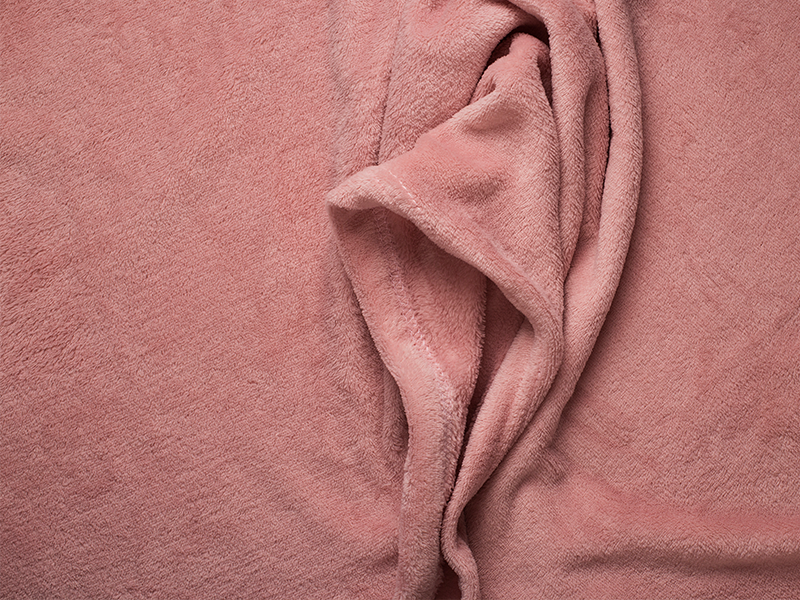Labial Reduction
Labial reduction or Labiaplasty involves the removal of excess loose tissue from the labia minora and occasionally from the labia majora in women who have developed excess tissue resulting in an unsightly and uncomfortable looking labia. Labial reduction has gained popularity especially since shaving and laser hair removal lead to more exposure of the vaginal area. Frequently, women complain of uncomfortable intercourse or of noticeable creases in tight-fitting clothing. This procedure is performed by plastic surgeons since they have training in delicate suturing and re-contouring of unwanted tissue.

The Procedure
The procedure is often performed under a general anesthetic, IV sedation, or even local anesthesia alone. The procedure takes 1 1/2 hours and involves the removal of the excessive tissue and preservation of a more normal appearing labia. The most common technique is a central wedge removal; but, other techniques may be necessary. Excessive labia majora or excessive fatty mons can be treated with Liposuction. Occasionally, excessive tissue around the clitoral hood is also removed and great care is taken to avoid injury to the sensitive nerve endings in this location. Sutures are used but dissolve in 3 weeks. Pain after the procedure is moderate and manageable with pain medicine. Swelling and minor bleeding can occur but usually resolves within a week.
The Recovery
There will be some degree of discomfort for up to 2 weeks post surgery. The use of a feminine napkin is recommended to control minor bleeding and prevent your clothes from staining. Patients should avoid sexual intercourse for the first 4 weeks. Care in the placement of tampons is also necessary and should be avoided for at least 2 weeks.
FAQ
Q: Will the procedure affect my sex life?
A: The procedure is done carefully to avoid injury to any nerve endings that affect sensitivity. In general, most women experience improvement in sexual satisfaction as the smaller, more attractive labia allows for less pain and discomfort but allows for more self-confidence. The area heals well in most cases with minimal to no noticeable scarring.
Q: Will insurance cover a labial reduction?
A: It is rare that insurance would cover a labial reduction unless there is medical justification/ Usually, documentation from your gynecologist stating that the excess tissue is causing painful intercourse, recurrent rashes, or localized trauma to the labia is necessary to appeal for medical necessity.



